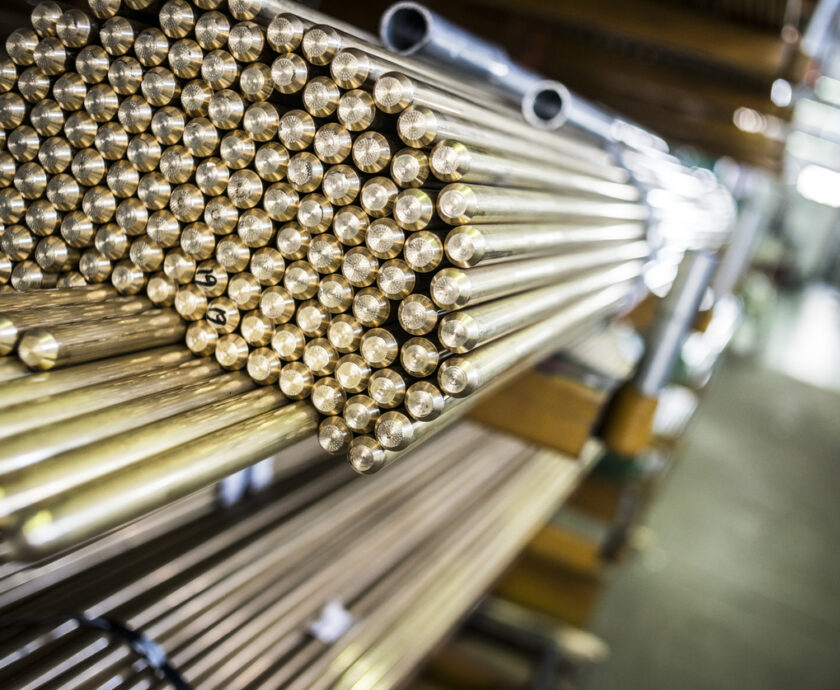Recent trends in the base metal markets have indicated a shift towards surplus, a situation that has far-reaching implications for industries and businesses like Liberty Specialty Metals. A surplus in base metals such as copper, aluminum, and zinc can significantly impact pricing, supply chains, and production strategies. This article aims to explore these implications and discuss strategies for navigating the changing landscape.
The Current State of Base Metal Markets
Reports and analyses, such as those from Bloomberg, have pointed out the increasing signs of surplus in the base metal markets across the London Metal Exchange (LME). Several factors contribute to this situation, including changes in demand, production levels, and global economic trends. Understanding these factors is crucial for businesses that rely on these materials for their products and services.
Decreased Demand
A surplus often indicates a decrease in demand which can be due to various reasons like economic downturns, shifts in technology, or changes in consumer behavior. For industries that use base metals in manufacturing, construction, or technology, this decrease can lead to lower prices, affecting profitability and market strategies.
Increased Production
On the flip side, a surplus might also result from increased production. Technological advancements and new discoveries can lead to more efficient mining and processing, flooding the market with materials faster than they are consumed. While this might mean lower costs for buyers, it can also lead to decreased prices and profits for producers.


Implications for Liberty Specialty Metals
As a stakeholder in the industry, Liberty Specialty Metals must carefully consider the implications of a base metal surplus.
Strategic Purchasing
With the potential for lower prices, now might be an opportune time to consider securing long-term contracts for base metals at a fixed cost. This strategy can protect against future price volatility and ensure a steady supply for production needs.
Diversification
Diversification of product offerings or raw material sources can also be a wise move. Exploring alternative metals or alloys that might not be in surplus can help mitigate risks associated with price drops in primary materials.
Innovation
Surpluses can drive innovation. With more affordable raw materials, Liberty Specialty Metals can invest in research and development to create more efficient, durable, or advanced products, potentially capturing new markets or applications.
Navigating the Future
Understanding and anticipating the long-term implications of market trends is crucial. This might involve investing in market research, consulting with industry experts, or participating in industry forums to stay ahead of changes.
Conclusion
While a surplus in base metals can present challenges, it also offers opportunities for prepared businesses. By understanding the market, adjusting strategies accordingly, and keeping an eye on future trends, Liberty Specialty Metals can navigate these changes effectively, ensuring a resilient and prosperous future. Reach out to us today to see how we can help with your specialty metal needs!




